

Mindfulness Podcasts to Reduce Stress and Build Calm
Explore mindfulness podcasts that fit real life, guided practices, practical teaching, and research-backed insights to support focus, resilience, and wellbeing.

Moral Injury: When Helping Hurts
Explore how moral injury affects Helpers across all professions. Learn to recognize value conflicts, rebuild integrity, and turn moral pain into meaningful repair and resilience.

The Helper Gratitude Project
The Helper Gratitude Project is a simple way to send anonymous postcards of thanks to the people who care for our communities. A small act of gratitude can spark resilience, connection, and kindness that lasts.

Word Search Activities for Burnout, Self-Care, & Stress
Word searches for stress, burnout, and self-care. Free activity pages to support helpers, students, and community partners with rest, focus, and resilience.

The Ethical Obligation of Self-Care
Helping work is meaningful but hazardous, and self-care is an ethical obligation for every helper. This guide explores the risks of burnout, the role of vitality, and practical ways to sustain yourself so you can keep showing up well.

Displaced Helpers: Staying Steady in Transition
Practical, research based guide for displaced helpers. Calm your mind, name transferable skills, find community, and refresh your resume with simple activities.

Why Positive Childhood Experiences Matter: A Hope-Informed Approach to ACEs
Explore how Positive Childhood Experiences (PCEs) buffer the impact of trauma, support lifelong resilience, and empower helpers to build safer, more connected communities.

The Power of Belonging
Discover how building community connections strengthens protective factors for mental health and resilience. Simple, practical steps to foster belonging and well-being
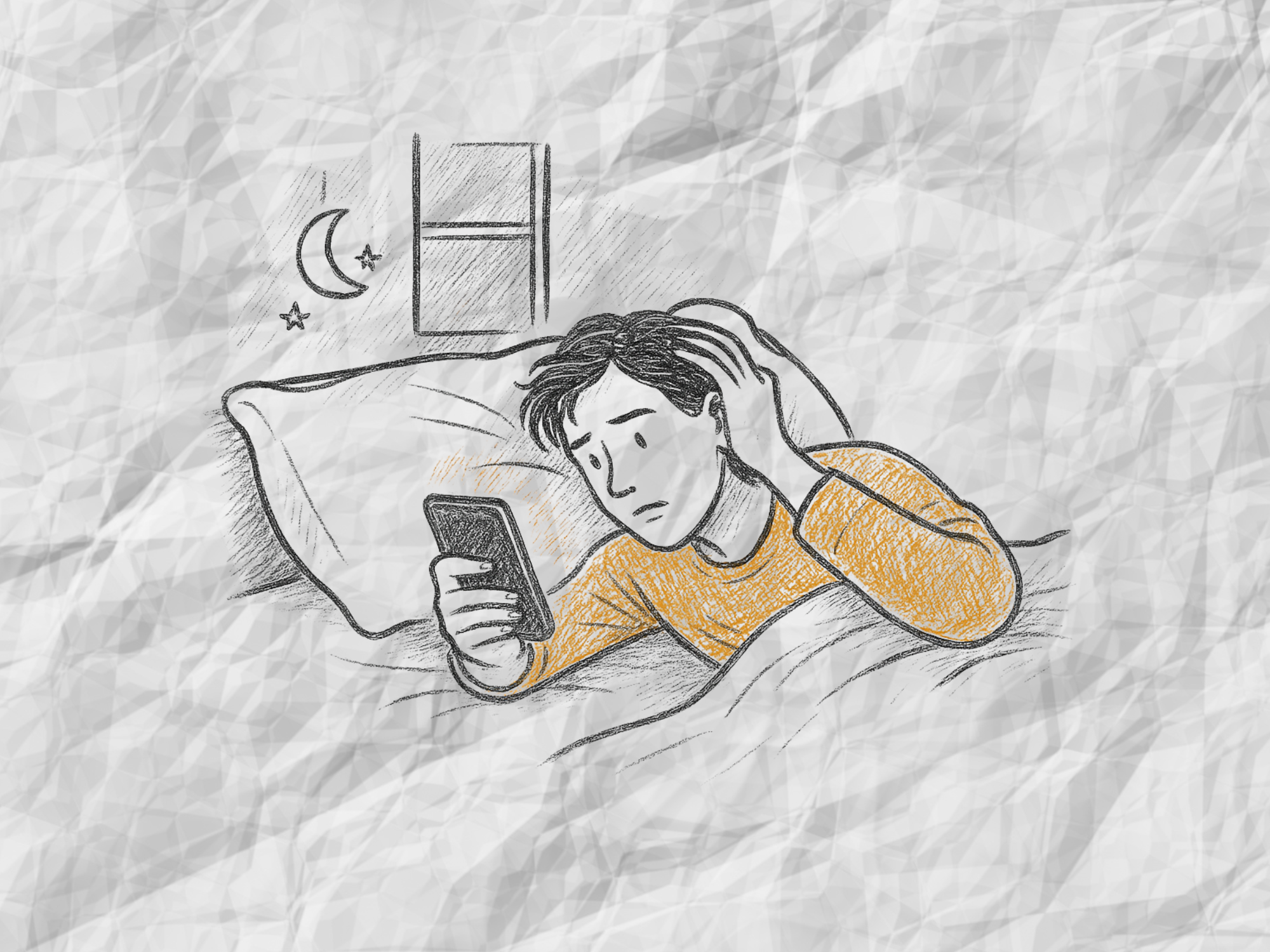
Breaking the Cycle of Revenge Bedtime Procrastination
A practical guide to understanding and overcoming revenge bedtime procrastination, especially for helpers and caregivers. Learn why we trade sleep for late-night scrolling and how to reclaim rest without sacrificing personal time.
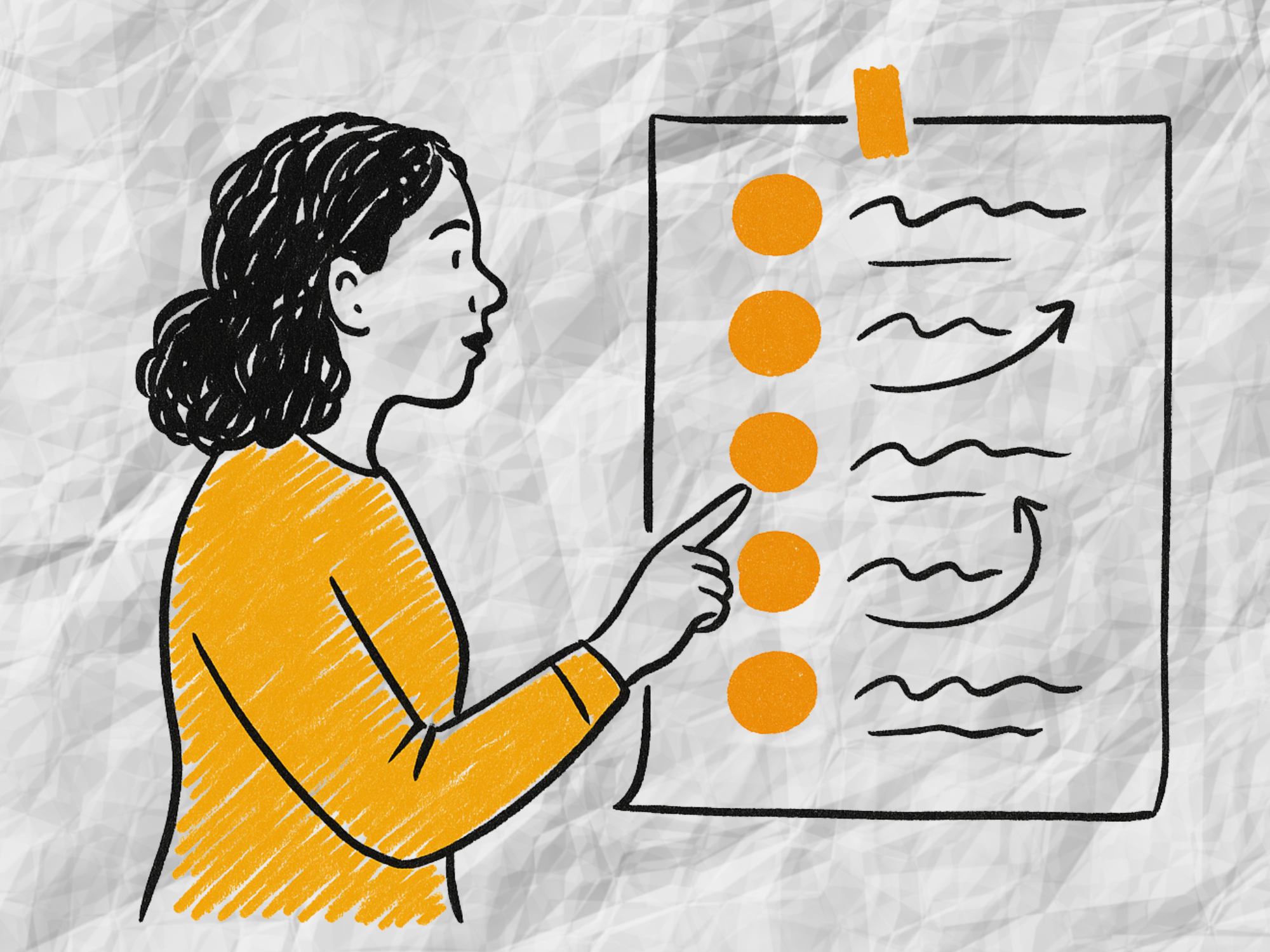
The Motivated Helper: Finding Your Professional Why
This guide helps helping professionals rediscover their sense of purpose by reconnecting with their professional "why." Through reflective activities, goal setting, and values alignment, readers can reignite passion, prevent burnout, and create a more meaningful and sustainable career path.
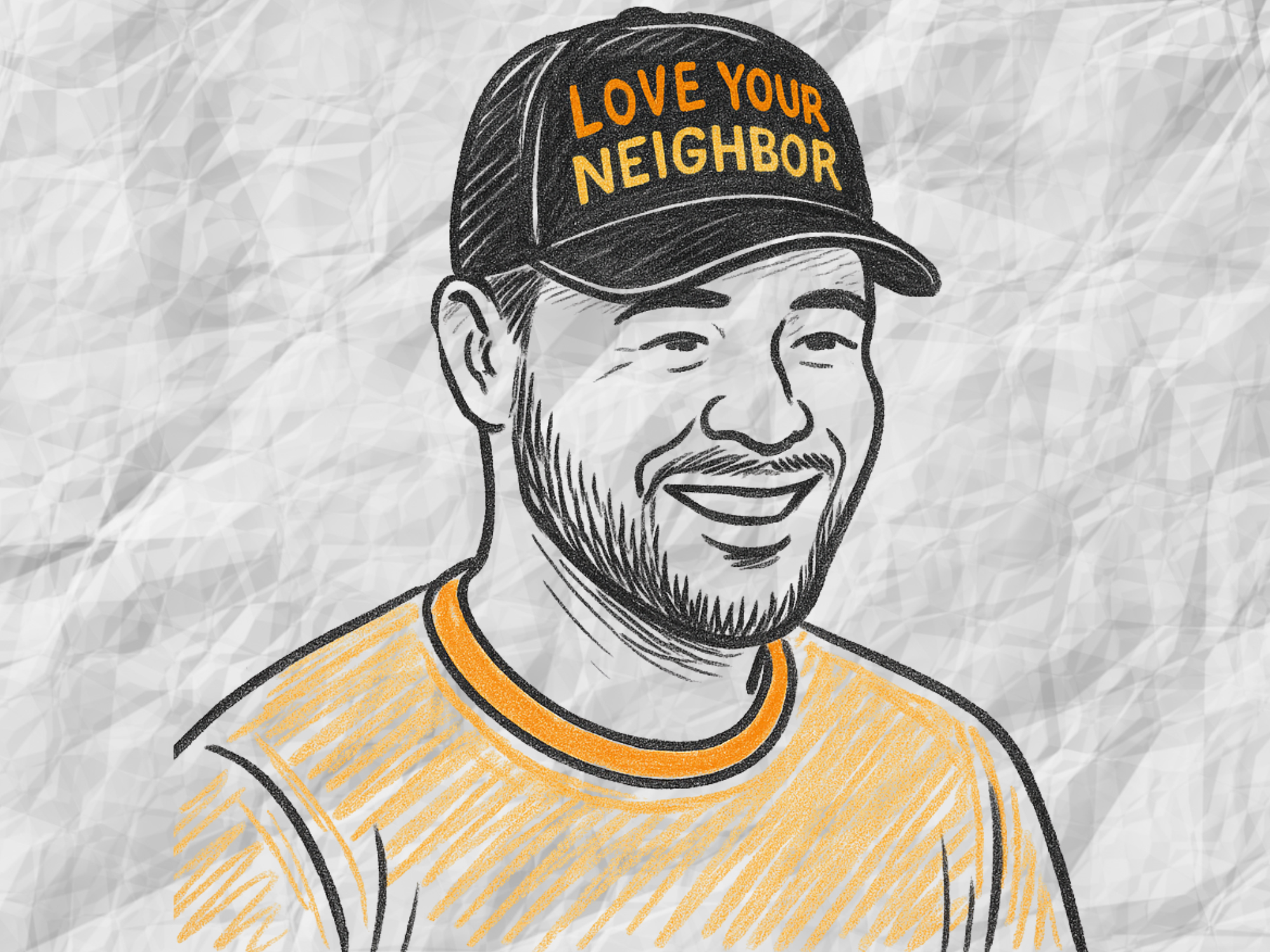
Helping Others Helps You Too: The Healthful Impact of Pro-Social Activities
A compassionate guide exploring the health benefits of helping others, with practical ways for professionals to engage in pro-social activities that support both personal well-being and community connection.
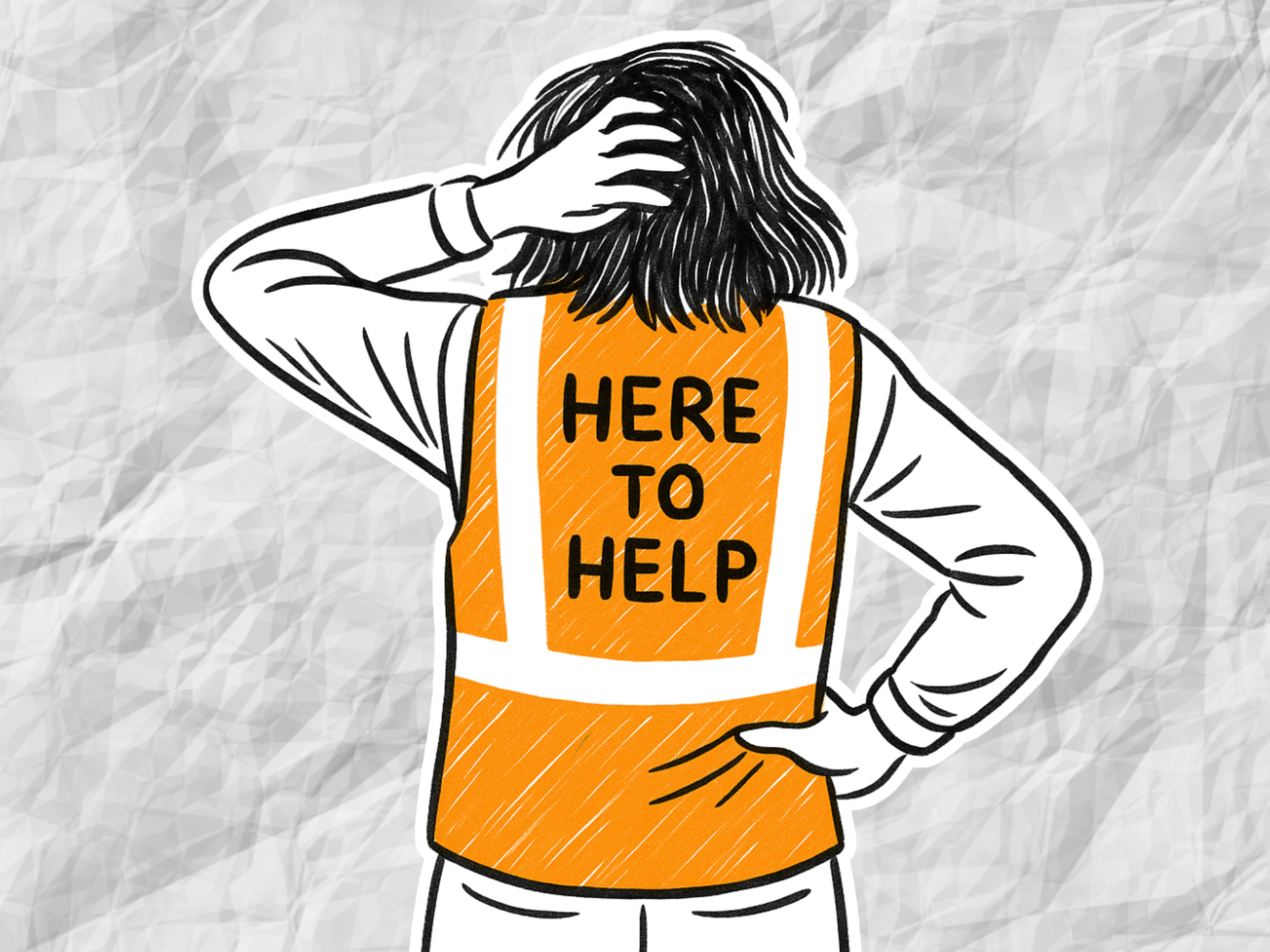
Self-Care Essentials for Helping Professionals
This practical, research-informed guide outlines five core dimensions of self-care for helping professionals: physical, social, spiritual, professional, and psychological. Written in a warm, accessible tone, it offers real-world strategies to prevent burnout and support sustainable well-being in the helping professions.
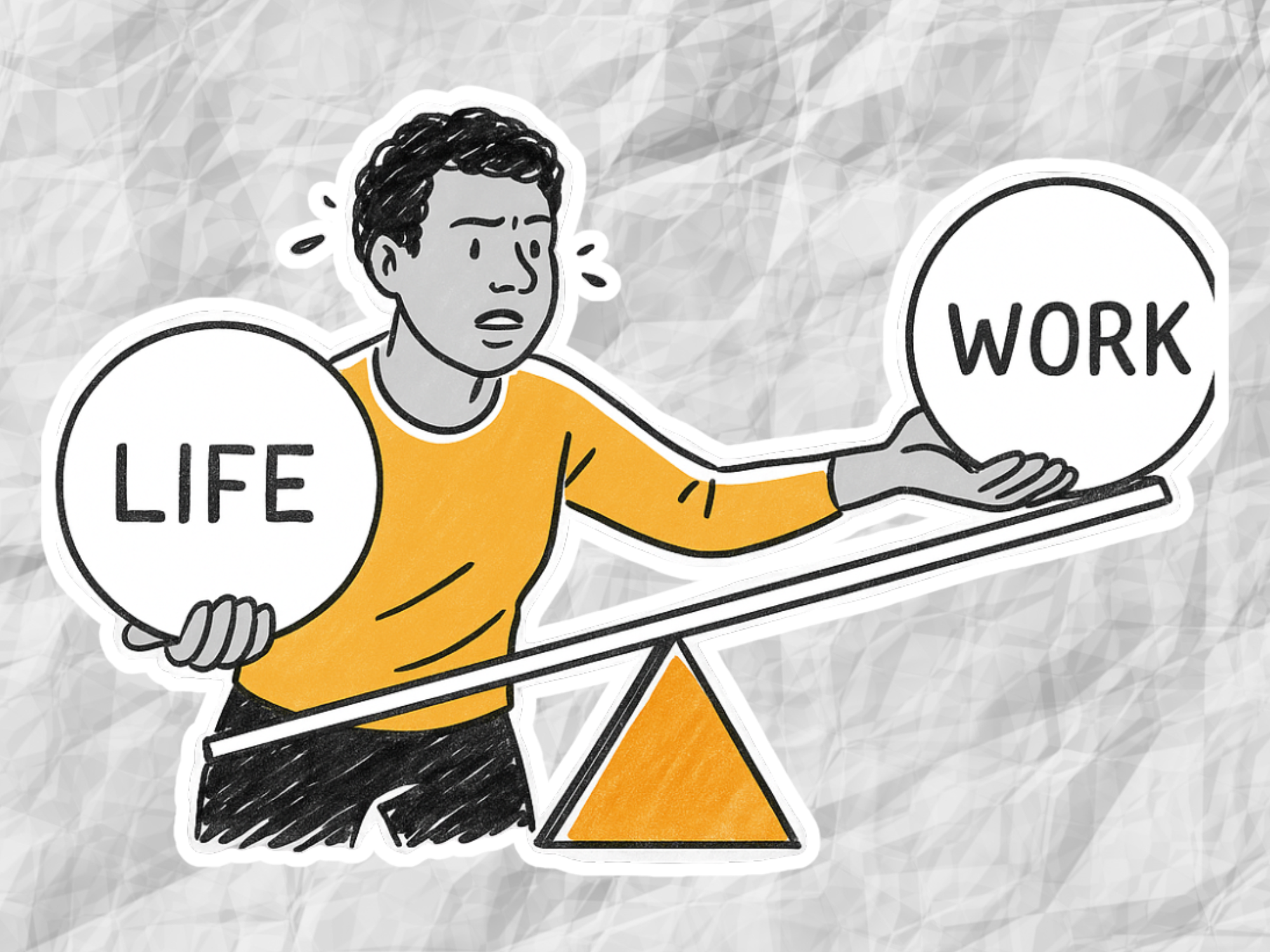
10 Rules for Work-Life Balance
This research-backed guide explores 10 compassionate, practical strategies to help helping professionals create a more sustainable work-life balance. Written in a warm, human tone, it offers reminders for rest, boundaries, connection, and long-term wellbeing. A resource from The Helper’s Field Guide.

The Empathy Trap: How to Help Without Hurting Yourself
Feeling drained from caring for others? Learn the Empathy Trap, brain-smart habits, and quick resets that let helping professionals stay resilient and fulfilled.

Practical Self-Care: How Helpers Really Recharge
Discover practical self-care strategies for helping professionals. Learn how active rest can recharge your nervous system, reduce burnout, and fit into real-life schedules—no retreat required.

Multiculturalism in Rural Helping Professions
A practical guide for helping professionals on practicing cultural humility and ethical multiculturalism in rural communities—featuring real-world scenarios, reflection prompts, and tools for showing up with integrity at every level of service.

Cultivating an Imposter Syndrome–Proof Mindset
A compassionate, research-informed guide to understanding and overcoming imposter syndrome—created for helpers who want to reframe self-doubt, build confidence, and remember they belong.

Making Plans That Matter: PRECEDE-PROCEED Model
Helps helpers design, implement, and evaluate community programs with impact—this guide breaks down the PRECEDE-PROCEED model in a clear, practical, and human-centered way.

Healing Forward: How Helpers with ACEs Can Build Resilient Lives
Discover how Adverse Childhood Experiences (ACEs) affect helping professionals, influencing empathy, boundaries, and burnout risk. Learn strategies for resilience and thriving beyond past adversities.

Burnout Is Not Inevitable: Strategies for Workplaces to Support Helpers Without Burning Them Out
Discover practical, research-backed strategies to reduce burnout in helping professions like healthcare, education, and social services. This article explores how workplaces can support staff through mindfulness practices, manageable workloads, peer support networks, job crafting, and mental health normalization. Learn how systemic changes—not just individual self-care—can create healthier, more sustainable work environments for those who dedicate their lives to helping others.


